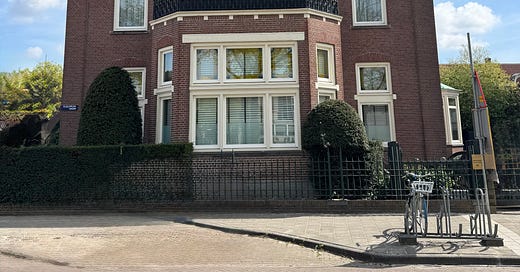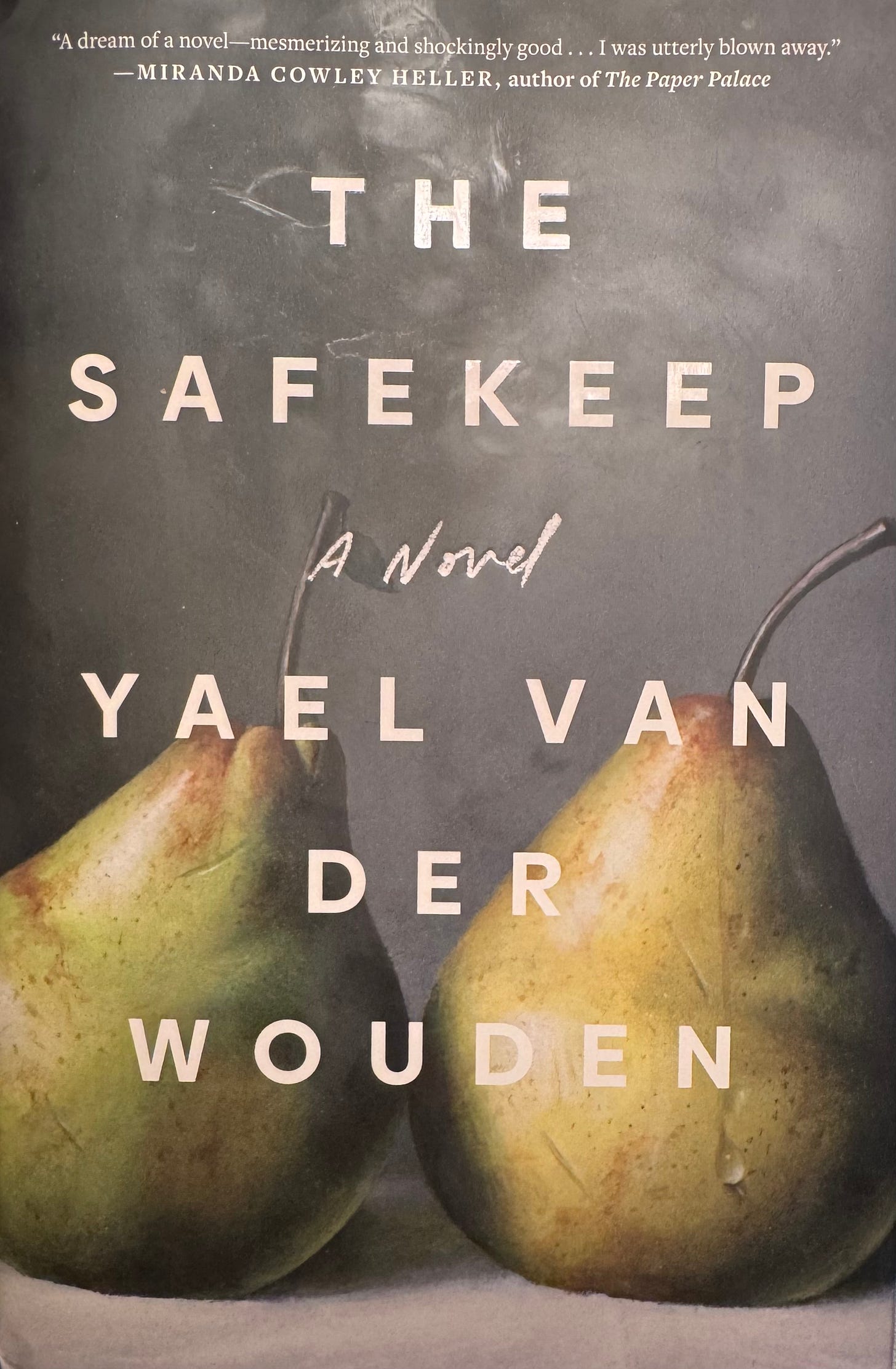A home of one’s own is a beautiful thing, but it often comes with history. Fifteen years after the end of World War Two, Isabel lives in her late parents’ estate in the rural Dutch province of Overijssel. When a girlfriend of her fickle brother comes to live with her for the summer, Isabel detests the woman instantly. She resents Louis for such a disruptive inconvenience, knowing full well her brother won’t stay with Eva. He is the eldest of three siblings and destined to inherit the home from their uncle. Isabel is simply the caretaker, so what choice does she have? She ignores the new guest in prickly protest.
Dutch author Yael van der Wouden’s debut novel tucks the reader into the story like a well-made bed. It is a masterful example of show, don’t tell, as she demonstrates both revulsion and passion within the same person. Isabel obsessively counts spoons, plates, even teacups to make sure everything remains in order. As precious items begin to disappear in the house, she suspects that Eva, her brother’s love interest, is stealing from her.
Eva remains ebullient throughout, and this makes Isabel even more crazy. As things go off the rails, Eva returns from the market with two ripe pears for them to eat and the relationship takes a remarkable turn. Isabel’s obsession pivots in a new direction. Instead of counting spoons, she thinks of Eva constantly and what their next encounter might entail. It is a kind of sexual awakening that takes hold of her. Isabel realizes how bored she is with the man courting her from down the street and knows it will never work out with him.
The house itself plays a central role in linking the two women together. Eventually, Isabel is forced to confront her uncle about the home’s origins even though it could potentially change her fundamental attachment to the place.
The book was shortlisted for The Booker Prize in 2024, a stunning accomplishment for a debut author. When I finished it on a roadtrip to Denver in March, I passed it along to my bookish brother-in-law, Scott, who read it in three days. Deb, my sister, snuck the book into a week-long meditation retreat (she wasn’t supposed to bring any reading material). And when she finished the novel, she promptly read it a second time. I savored Van der Wouden’s writing like a fine wine, reading a chapter per night until I finished. What a luxury.
Born in Israel, the author grew up in the Netherlands, where she studied comparative literature at Utrecht University and SUNY Binghamton in New York. Van der Wouden once wrote a controversial essay titled “On (Not) Reading Anne Frank.” It noted that Frank’s diary left little room for other Dutch-Jewish identity stories. The Safekeep isn’t about World War Two, but it does touch on its consequences. It’s a slice of Northern European history through fresh eyes. Like Booker prize winner Aravind Adiga’s The White Tiger, or Abraham Verghese’s Cutting For Stone, books like The Safekeep don’t come around much these days. It is an aspirational read for both writers and readers of literary fiction.






What a visual description- I am intrigued. Adding this to my reading list immediately!
Putting it on my reading list!